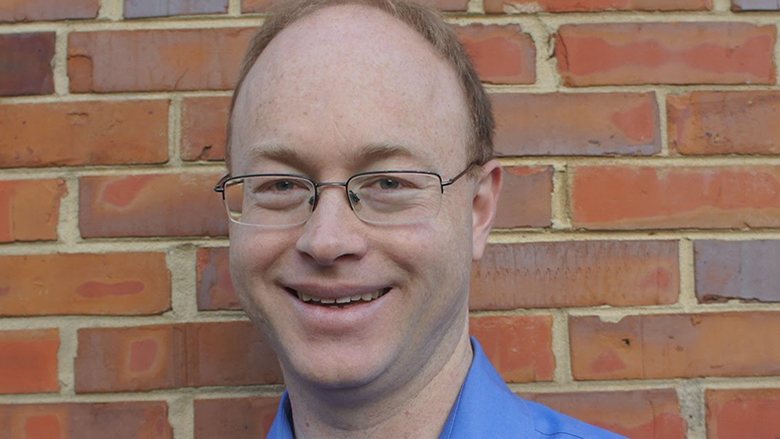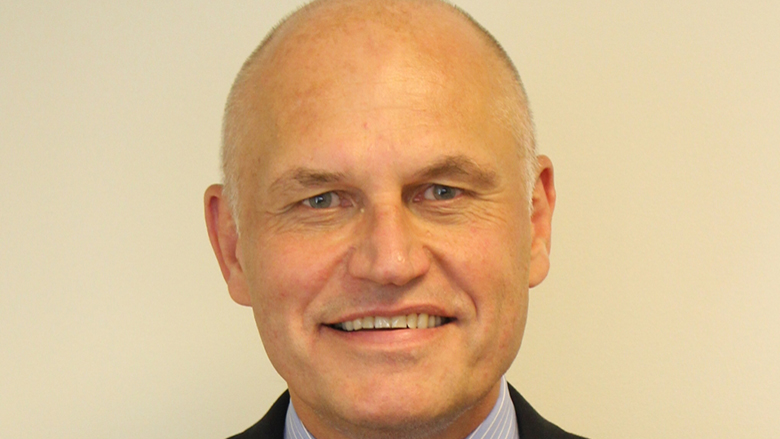Jobs are the number one policy concern of policymakers in many countries. More than 100 million Africans will enter the labor force over the next decade, and youth unemployment rates are 30 percent or higher in some countries of the Middle East and North Africa (MENA). Technological changes that make automation of jobs increasingly feasible, and concerns that globalization is making it harder to find jobs in a number of industries—even as other opportunities grow—has drawn renewed attention to the issues of skill matching and mobility across occupations and locations. These factors all make it seem imperative that policymakers employ increasingly more active labor market policies.
In this talk, David McKenzie will draw on evaluations of labor market policies that have provided vocational training, wage subsidies, job search assistance, and assistance moving to argue that many active labor market policies are much less effective than policymakers typically assume. He will argue that urban labor markets actually work reasonably well in many cases, with fewer market failures than we might think. As a result, there is less of a role for many traditional active labor market policies than is common practice. He will then discuss examples of job creation policies that do seem to offer promise, and the circumstances under which traditional policies may still be useful.


